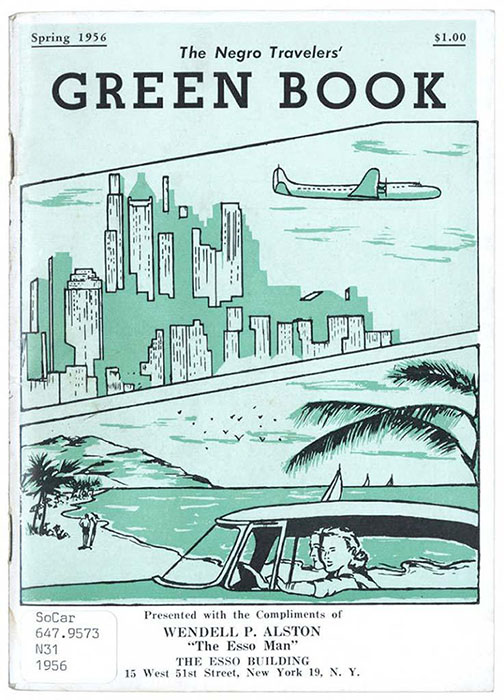
- This event has passed.
WNC History Café: The Negro Motorist Green Book in Western North Carolina (online)
August 26, 2021 @ 6:30 pm - 7:45 pm

The Negro Motorist Green Book facilitated safe travel for African Americans during the Jim Crow era. Where did travelers go in western North Carolina? Who were the people and places listed in the Green Book in this region of the state? What happened to these places after the Green Book ceased publication? Join the Swannanoa Valley Museum on August 26, 2021, at 6:30 PM to find out! Guest speaker Lisa R. Withers will discuss the Negro Motorist Green Book and African American travel in western North Carolina in providing answers to these questions. For those who attended Ms. Withers’ presentation with the museum in 2020, this presentation will include updated information and new discoveries from her most recent year of research.
Attendees will receive a zoom link to the talk.
Cost: $8 (plus fees) for museum members. $12 (plus fees) for nonmembers. **Discounts are available for educators, students, community organizers and POC. Email svmvolunteer@gmail.com for the discount code.**
 About the Presenter: Lisa R. Withers is a doctoral candidate in the public history program at North Carolina State University. Her research examines the people associated with The Negro Motorist Green Book along US Highway 29 and US Highway 70 in North Carolina. Lisa’s research also investigates how the historical publication can be utilized by cultural heritage and museum professionals in facilitating public dialogues about the Jim Crow era in North Carolina as modern society continues to grapple with the legacies of Jim Crow.
About the Presenter: Lisa R. Withers is a doctoral candidate in the public history program at North Carolina State University. Her research examines the people associated with The Negro Motorist Green Book along US Highway 29 and US Highway 70 in North Carolina. Lisa’s research also investigates how the historical publication can be utilized by cultural heritage and museum professionals in facilitating public dialogues about the Jim Crow era in North Carolina as modern society continues to grapple with the legacies of Jim Crow.
Previously, Lisa worked as the Research Historian for the NC Green Book Project with the NC African American Heritage Commission and as the curator for Claiming the Past, Directing the Future, a community-based cultural heritage project in Belize, Central America, with North Carolina State University. Lisa’s professional experiences include working in university archives, historic house museums, historic sites, local history museums, and teaching undergraduate history courses.
